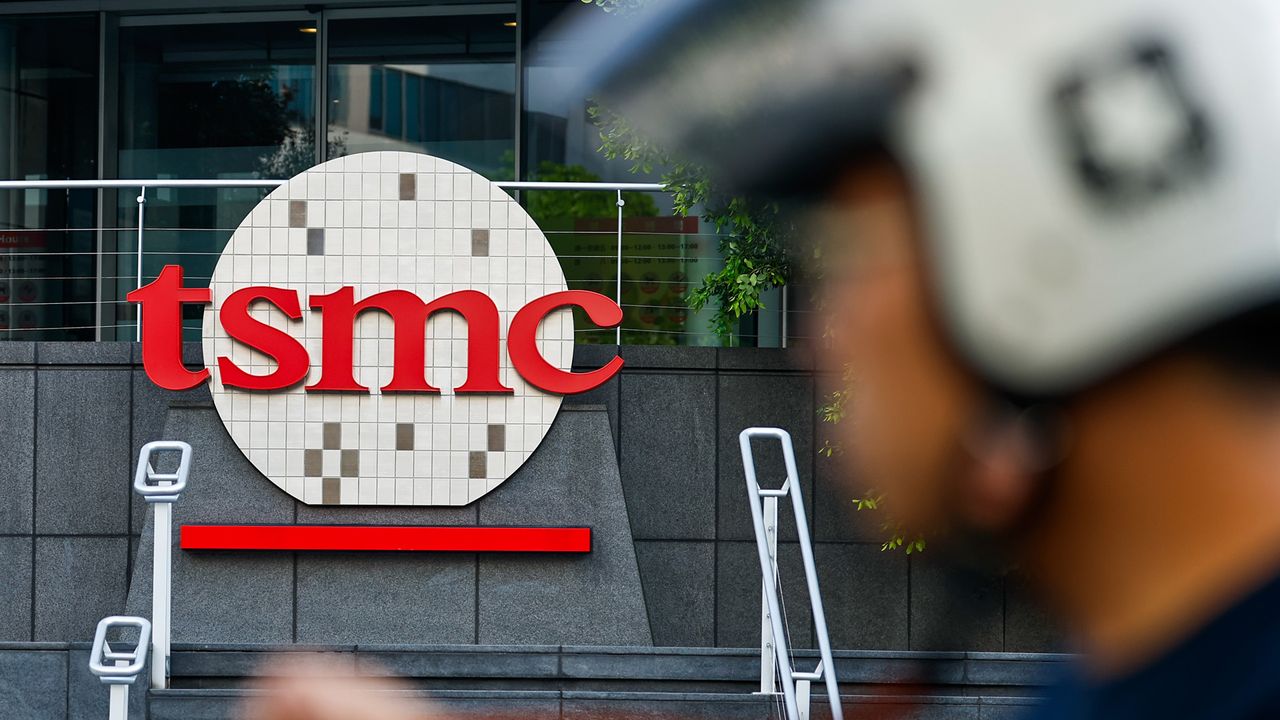
Several current and former TSMC employees are accused of stealing the company’s 2nm trade secrets, with the group allegedly working to transmit the data to Japanese startup Rapidus. According to DigiTimes, a senior official from the Taiwanese government said that the semiconductor manufacturer keeps its key processes and trade secrets compartmentalized. So, even if one part of it is leaked or compromised, other companies won’t be able to use it.
Nevertheless, because of how sensitive and advanced the nature of the stolen technology is, Taiwan’s National Science and Technology Council has become involved in the investigation. The government body has tasked experts to assess whether the involved data constitutes “serious national core critical technologies,” and Taiwan’s courts have determined that the National Security Act applies because advanced semiconductor nodes, like the 2nm process, are deemed critical towards the country’s national interests.
Although the initial investigation indicates the involvement of Tokyo Electron (TEL) and Rapidus, analysts say it’s unlikely that these Japanese companies initiated the industrial espionage. TSMC constitutes nearly 20% of TEL’s sales, making it one of the company’s major customers. Aside from that, the semiconductor giant has awarded the semiconductor fabrication equipment supplier with Excellent Technology Collaboration and Production Support during the 2024 TSMC Supply Chain Management Forum, showing that the two companies have, at the very least, a cordial relationship.
Government-appointed TSMC board director and National Development Council Minister Paul Liu also said that Rapidus’ 2nm process node is licensed from IBM. So, even if it was able to get its hands on TSMC’s secrets, it’s unlikely that it’ll be able to use them immediately in its own processes. The Japanese startup began trial production of its 2nm process early this year, with mass production targeted for 2027. On the other hand, TSMC is expected to achieve the same within the second half of 2025.
The Taiwanese government is keen on getting to the bottom of this industrial espionage case, especially as it seeks to protect the technology that helps keep it politically secure from its larger neighbor to the west. Even though the company has invested billions into its Arizona fab and the government has given it the go-ahead to manufacture its latest node abroad, TSMC’s leadership and massive R&D team will primarily remain in Taiwan to help avoid the leakage of its latest advancements.
Follow Tom's Hardware on Google News to get our up-to-date news, analysis, and reviews in your feeds. Make sure to click the Follow button.







